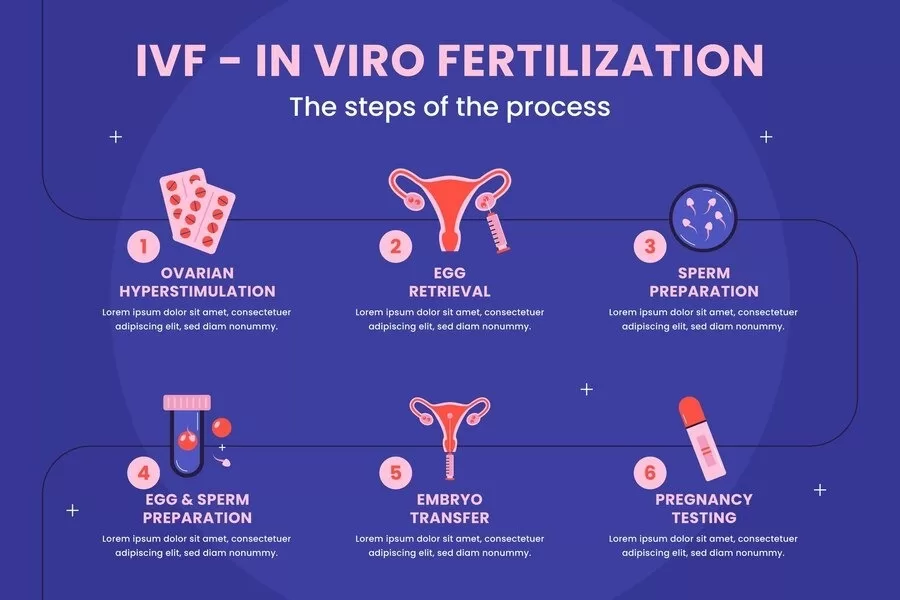Fertility Preservation Options and Importance
Fertility preservation ensures that fertility is not negated to the extent of affecting childbearing. Much importance has to be given to this aspect of the fertility issue.
Fertility preservation is the process of saving or protecting eggs, sperm, or reproductive tissues so that a person can make use of them to have biological children in the future. Fertility preservation is a sort of assisted reproductive technology that makes use of cryopreservation, which is the process of freezing gametes or embryos. Fertility preservation can indeed extend a person’s fertility options past the limitations of age as well as other health concerns. Fertility preservation can be used later for in vitro fertilization (IVF) or intrauterine insemination (IUI).
Fertility preservation is also said to be the process of saving and protecting one’s reproductive cells or tissues so that the person can have a child in the future. It may be an option for people who do face the risk of losing their fertility on account of medical conditions, treatments, age, or gender transition. There are in fact different types of fertility preservation methods, much depending on their sex, age, health status, and personal preferences.
A few of the common methods are:
- Freezing eggs, embryos, or even sperm – This does involve collecting eggs from the ovaries or sperm from the testes and then storing them in a frozen state until they are required for reproduction. Eggs can be fertilized with sperm prior to freezing (creating embryos) or after thawing (creating fresh embryos). This method is indeed suitable for people who happen to have a partner or donor, or who prefer to use their own genetic material in the future.
- Freezing ovarian or testicular tissue – This does involve the removal of a piece of ovarian or testicular tissue and then freezing it for later use. The tissue can indeed be transplanted back into one’s body or used to produce eggs or sperm in the laboratory. This method is in fact suitable for people who do not have sufficient time or resources to undergo egg or sperm freezing, or who are pre-pubertal or undergoing gender transition.
- Ovarian suppression – This does involve taking medication to temporarily stop the ovaries from releasing eggs and also producing hormones. This may, rather, protect the ovaries from damage caused by chemotherapy or radiation therapy. This method is indeed suitable for people who are undergoing cancer treatment and also want to preserve their natural fertility.
Fertility preservation is essential, as it can offer hope and options for people who want to have a family in the future. It can also help reduce the psychological stress and emotional distress associated with infertility. Yet, fertility preservation is not a guarantee of success, and it may have a few risks along with limitations. Therefore, it is considered important to discuss one’s options with one’s healthcare provider and a fertility specialist prior to making a decision. It is a good idea to consider the ethical, legal, and financial aspects of fertility preservation.
Also read: Advanced IVF Fertility Labs: What’s New at Ferty9?
Suggested read: How the First IVF Baby Changed Perceptions of Infertility
What more about fertility preservation?
People with certain diseases, disorders, and life events that affect fertility can benefit from fertility preservation. These include people who:
- Have been exposed to toxic chemicals in the workplace or even during military duty.
- Have endometriosis.
- Have uterine fibroids.
- Are in fact about to be treated for cancer.
- About to be treated for an autoimmune disease, like lupus.
- Have a genetic disease that does affect future fertility.
- Delay having children.
Cancer treatment can indeed have a major impact on fertility. Getting the facts about fertility preservation options and knowing how to choose what is right turns out to be a conscious effort.
Conclusion
The importance of fertility preservation has been recognized, as it does affect one’s family life.

Write your message

